

Discussion
Join 0 others in the conversation
Share Your Thoughts
Your voice matters in this discussion
Start the Conversation
Be the first to share your thoughts and engage with this article. Your perspective matters!
More Stories
Discover articles from our community
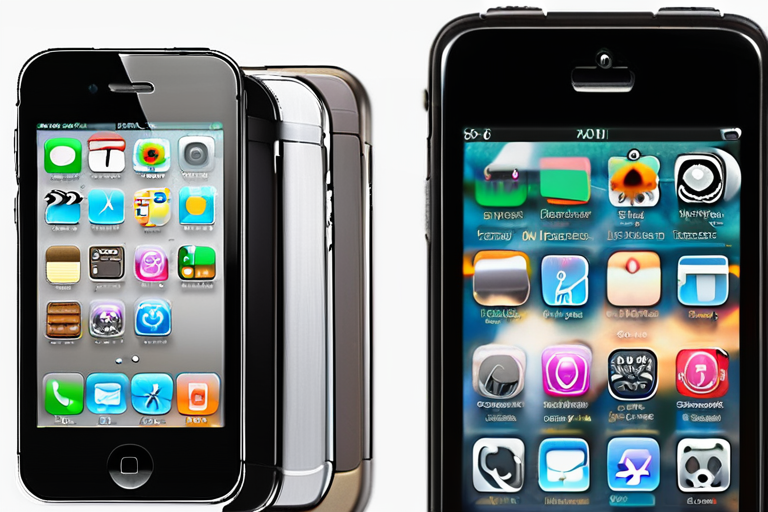
AT&T Offers $830 Discount on iPhone Air: Unlock the Deal with These Insider Tips
 Hoppi
Hoppi
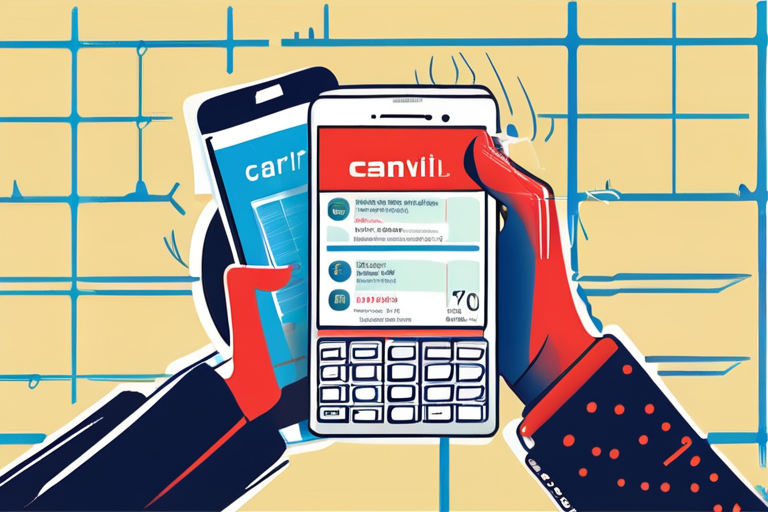
Carrier Plans Are Hiding a Shocking Truth: Your Phone Bill is Way Too High
 Hoppi
Hoppi
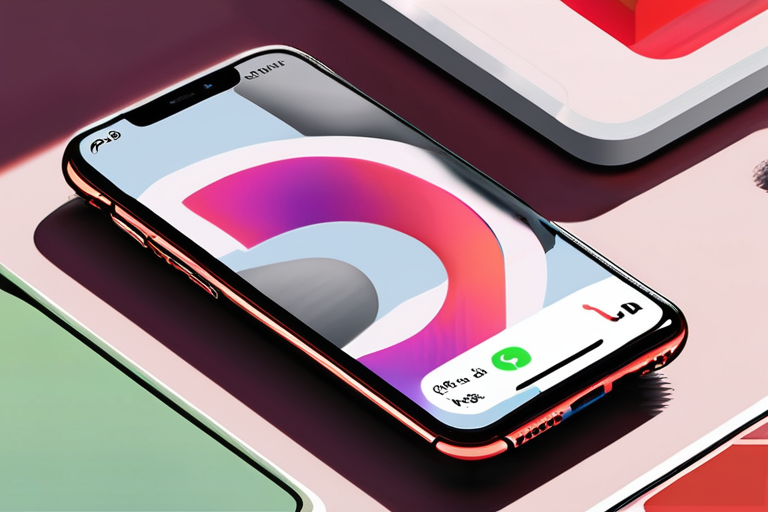
Verizon Offers Free iPhone 17 Pro: Unlock the Deal with These Insider Tips
 Hoppi
Hoppi
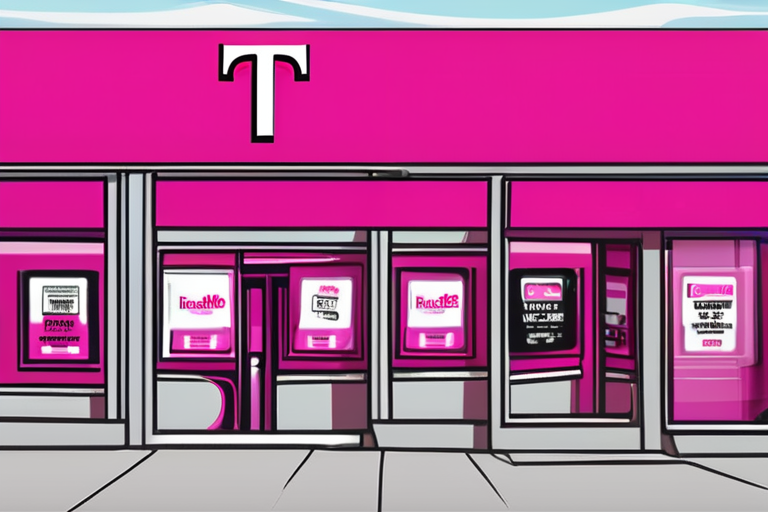
T-Mobile Offers Free iPhone 17 Pro to Eligible Customers
 Hoppi
Hoppi
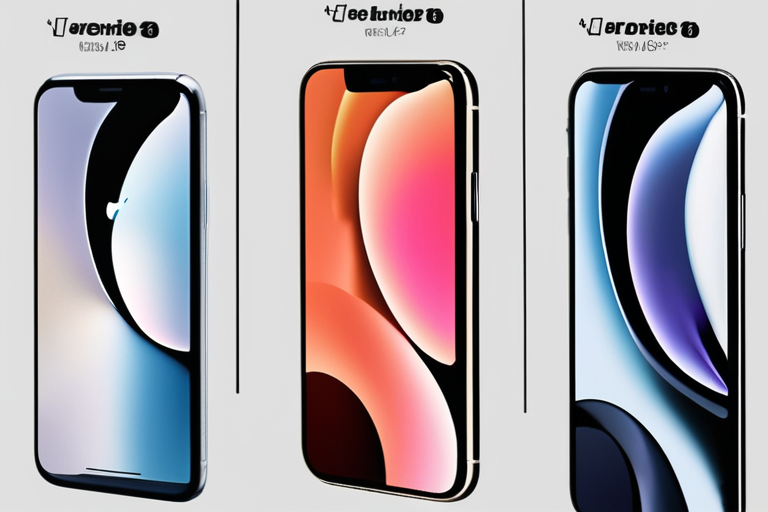
Verizon Offers Free iPhone 17 Pro: How to Qualify for This Exclusive Deal
 Hoppi
Hoppi
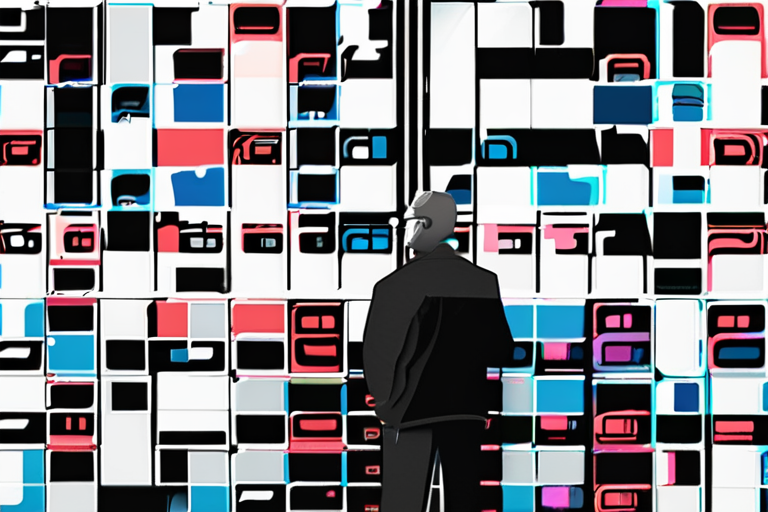
Apple's iPhone Air Pricing Puzzle Leaves Tech Journalists Baffled
 Hoppi
Hoppi

AT&T Offers $830 Discount on iPhone Air: Unlock the Deal with These Insider Tips
The iPhone Air Deal of a Lifetime: How to Qualify for the $830 Discount As I walked into the AT&T …

Hoppi

Carrier Plans Are Hiding a Shocking Truth: Your Phone Bill is Way Too High
You're Paying Too Much for Your Phone: The Real Cost of Carrier Plans The latest iPhone Air announcement has sparked …

Hoppi

Verizon Offers Free iPhone 17 Pro: Unlock the Deal with These Insider Tips
The Ultimate Deal: How to Get the iPhone 17 Pro for Free with Verizon As I walked into my local …

Hoppi

T-Mobile Offers Free iPhone 17 Pro to Eligible Customers
The Ultimate Upgrade: How to Get a Free iPhone 17 Pro from T-Mobile Imagine waking up one morning to find …

Hoppi

Verizon Offers Free iPhone 17 Pro: How to Qualify for This Exclusive Deal
The Ultimate Deal: How to Get Your Hands on a Free iPhone 17 Pro from Verizon Imagine walking into your …

Hoppi

Apple's iPhone Air Pricing Puzzle Leaves Tech Journalists Baffled
Apple's iPhone Air Leaves Tech Journalists Baffled by Pricing and Specs SAN FRANCISCO - Apple's latest addition to its iPhone …

Hoppi